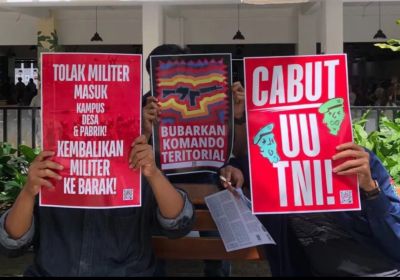
Peter Boyle speaks to Indonesian socialist Ignatius Mahendra Kusumawardhana about the disturbing return to the former Suharto dictatorship era’s notorious “dual function” policy for the military.

Peter Boyle speaks to Indonesian socialist Ignatius Mahendra Kusumawardhana about the disturbing return to the former Suharto dictatorship era’s notorious “dual function” policy for the military.

Socialist Alliance national co-convenor Sam Wainwright explains why the Socialist Alliance is campaigning at this election to cut military spending in half on the latest Green Left Show.
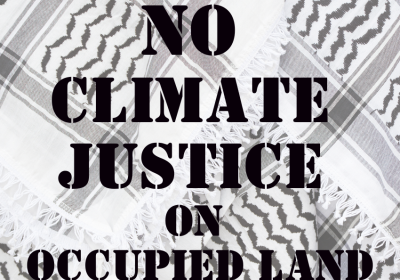
As international solidarity with Palestinian people predicated on human rights continues to develop, it is intersecting with growing outrage over the environmental cost of war, writes Jordan AK.
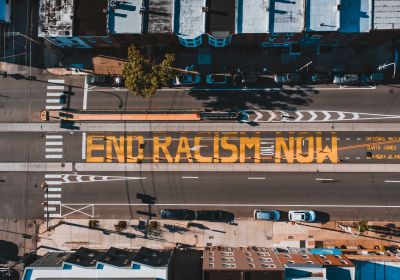
Twenty-one-year-old white supremacist and soldier Killian Ryan was arrested and discharged from the army for lying on a form, but his threats to kill Black people were seemingly overlooked, reports Malik Miah.
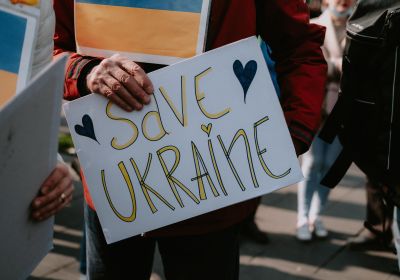
Renfrey Clarke presents an analysis of the balance of forces in Russia's war on Ukraine and argues that urgent international negotiations are needed to secure the survival of an independent Ukrainian state.
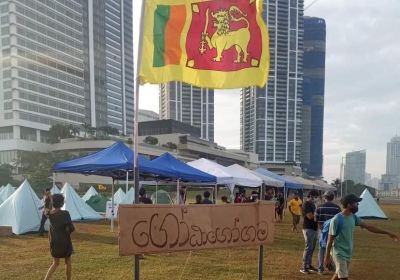
The institutional integration of sports with the military has reproduced authoritarian sports cultures, writes Janaka Biyanwila. Popular protests demanding regime change are also about demilitarising the state.

Military carbon emissions have largely been exempted from international climate treaties, dating back to the 1997 Kyoto Protocol, reports Barry Sheppard.
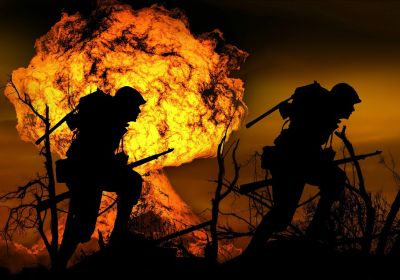
The federal government has introduced a new bill which, if passed, would help normalise the use of defence forces in a civilian context, write Bevan Ramsden and Pip Hinman.
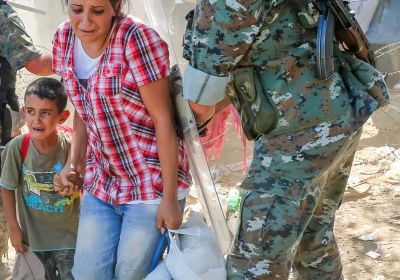
The climate movement needs to adopt the call for peace as there will be no future, sustainable or otherwise, unless we resist authorities’ willingness to go to war, argues Nick Deane.
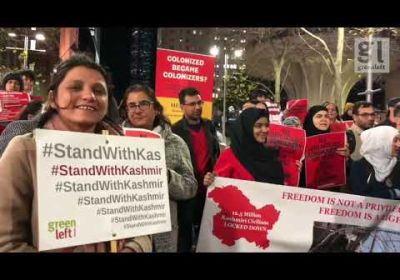
Activists rallied in solidarity with the people of Kashmir in Sydney on August 9 and 11. The protest was organised by the Pakistan Association of Australia.
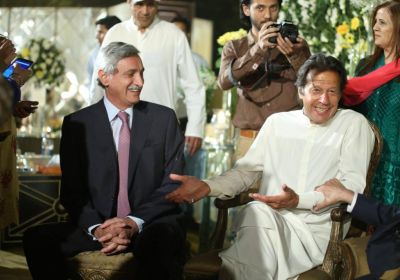
Large swathes of Pakistan are in the stranglehold of a caricatured feudalism, writes Farooq Tariq.
